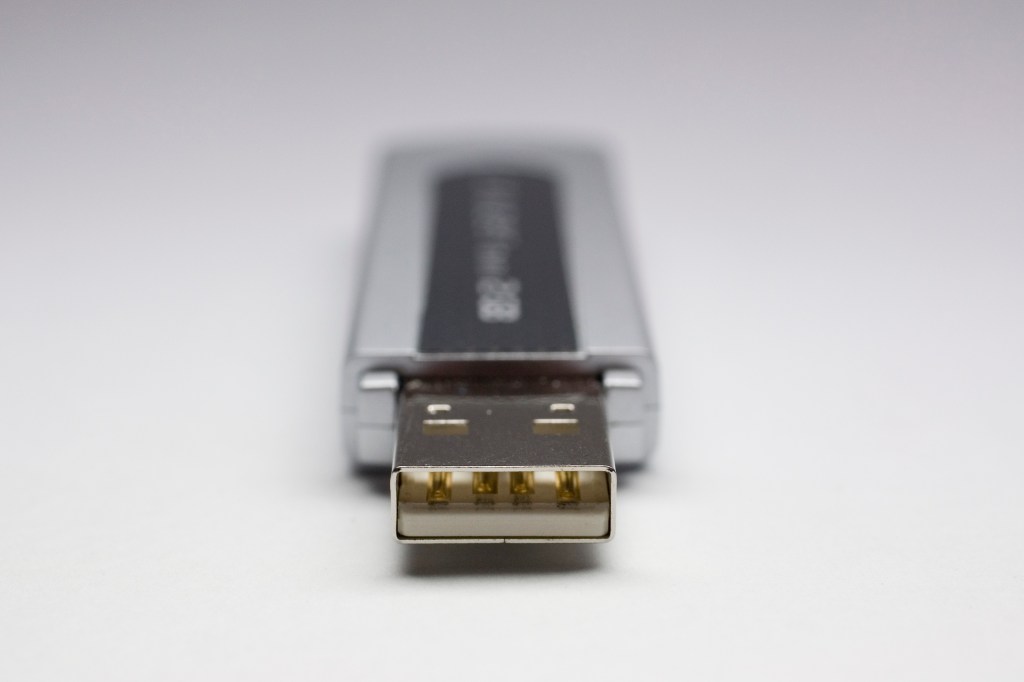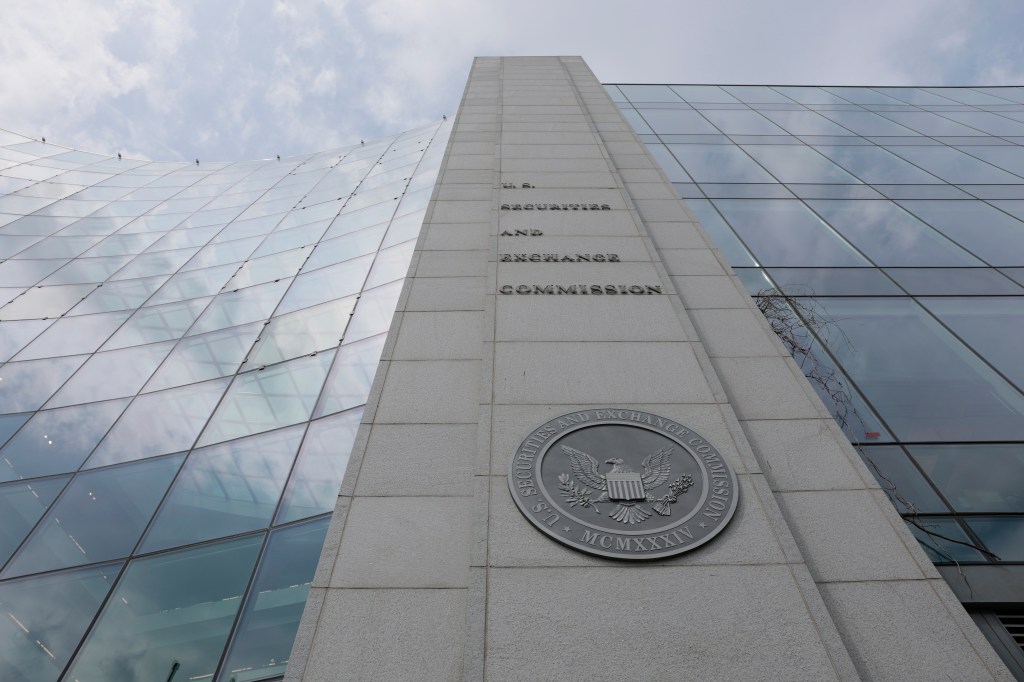The Commodity Futures Trading Commission (CFTC) has announced that it has issued an order settling charges against CHS Hedging, LLC, a Minnesota based futures commission merchant, for recordkeeping deficiencies and failure to obtain customer authorizations before entering trades for customers.
The order requires CHS Hedging, LLC, to pay a $650,000
Audio
Register for free to keep reading
To continue reading this article and unlock full access to GRIP, register now. You’ll enjoy free access to all content until our subscription service launches in early 2026.
- Unlimited access to industry insights
- Stay on top of key rules and regulatory changes with our Rules Navigator
- Ad-free experience with no distractions
- Regular podcasts from trusted external experts
- Fresh compliance and regulatory content every day













